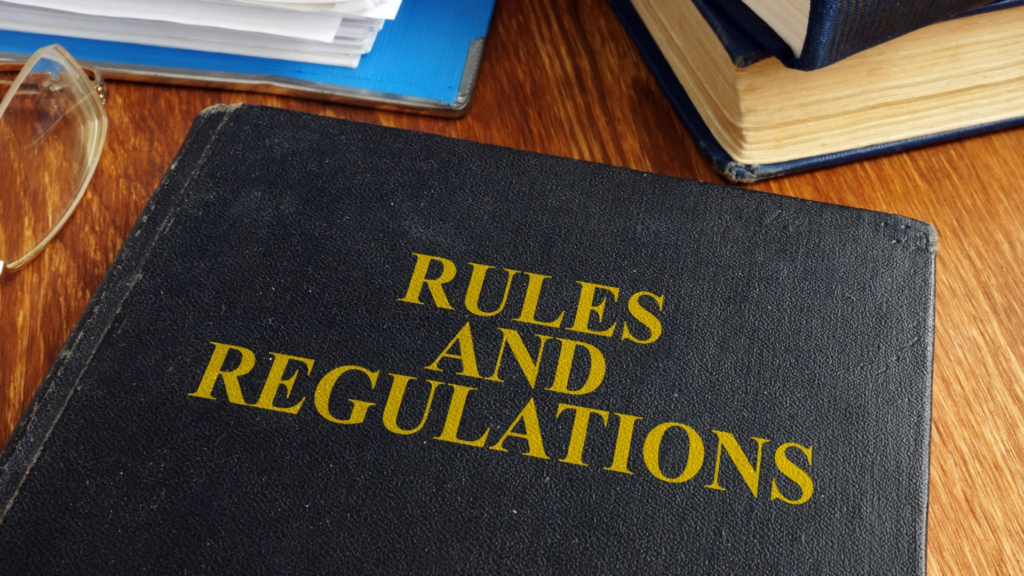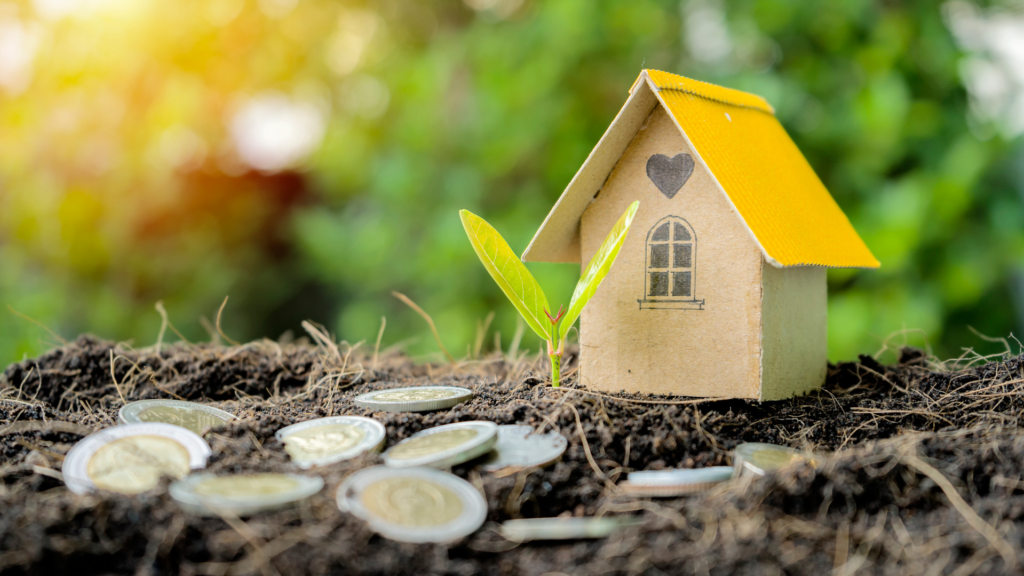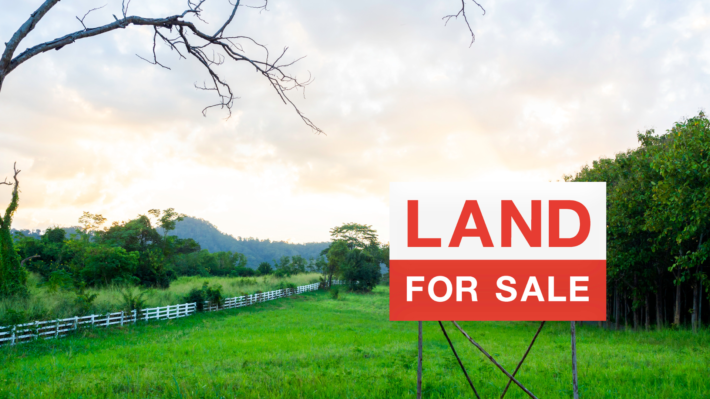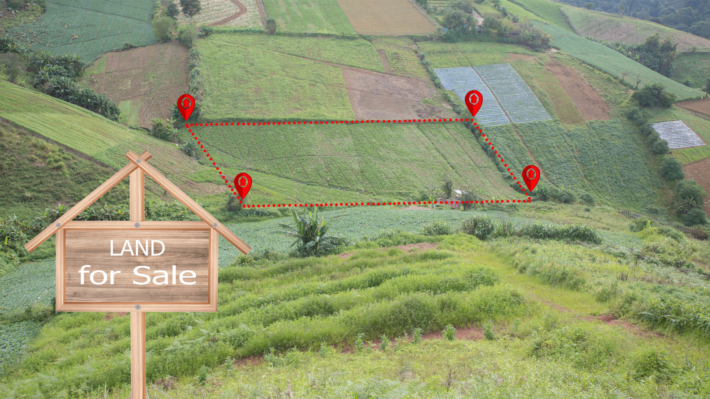What To Look For When Buying Land and Avoid Costly Mistakes

What To Look For When Buying Land?
Location and Accessibility
If you’re thinking about what to look for when buying land, then this first step is important. Thus, arguably, the single most important aspect to consider when buying any piece of land. Accessibility of any plot of land is determined by the geographical location hence the value and the usability of the plot.
You should pay special attention to how close the dwelling is to key facilities such as schools, hospitals, shops to buy foods, and means of transport. However, a factor acting in the favor of easy commuting or a probable added future value is proximity to major roads or highways.
Local Market Trends
By using the above-stated factors, it will be easier to predict the rate of growth of the real estate in the particular locality. A developing neighborhood may have higher future revenues while residual or compact zones has other long-run costs.
The professional people that will help in this case are the real estate agents that have knowledge about the market.

Zoning Laws and Regulations
When considering purchasing a particular plot, the zoning laws should be looked at first. Zoning determines the kind of development that should be carried on the land, the allowable practices and uses.
For example, some places are reserved for dwellings only, others may allow industrial or commercial purposes or combine both.
Residential vs. Commercial Zoning
In case, you are buying the land for constructing a home, ensure that the given area has a residential status. On the other hand if your desire is to erect a business, commercial zoning is the answer to go.
You will not be caught off guard by zoning restrictions or run into some legal problems if you have informed yourself in advance of these laws.
Environmental Regulations
There may be some regulatory issues including wetland, flood plain regulation, whereby what you wish to construct may not be constructed or the land itself may not work for construction. As a result, it is advisable to go to local environmental departments and find out if there are any limitations before the end of the purchase.
Soil Quality and Topography
Another important consideration on what to look for when buying land is the type of soils in the particular piece of land and the general physical features of that piece of land. They decide whether it is fit for construction or for growing crops and other produce..
Soil Tests
Soil test can be carried out by a professional in this line to determine if the land is capable of supporting construction especially for large projects. The type of soil determining the foundation strength whereby the strength of the soil determines its ability to support the structure and its resistance to erosion and the extent of soil drainage. This is because sand often has to be reinforced and sometimes clay expands or shrinks because of certain conditions causing structures problems.
Topography Considerations
It is common to find that flat areas are the best to develop because it does not require much of grading and levelling. However, while the sloping structures could afford certain creative architectural possibilities, they come with certain difficulties such as difficulties in handling the drainage system, and high costs of construction.
Utilities and Infrastructure
Access to utilities is a fundamental concern when buying land. Essential services like electricity, water, sewage, and gas can dramatically affect both the cost and feasibility of developing the land.
Water Supply
Is the land connected to a municipal water system, or will you need to dig a well? Wells can be expensive to install and maintain, and they come with additional legal requirements.
Electricity and Gas
Check whether the land has access to the local power grid. If the property is in a remote area, the cost of installing electricity can be significant. In addition, consider gas availability if you plan to use gas-powered appliances.

Cost of Land Ownership
If you’re still thinking about what to look for when buying land, the purchase price is just the tip of the iceberg. Land ownership comes with various ongoing costs, such as property taxes, insurance, and maintenance. Knowing these financial commitments beforehand is crucial to avoid unpleasant surprises later.
Property Taxes
Property taxes vary significantly by region and can impact your long-term expenses. Research the tax rates in the area to get a clear picture of how much you’ll owe annually. Additionally, some regions may offer tax incentives for building in certain areas, which could offset some costs.
Insurance and Maintenance
Land insurance is another cost you must account for, particularly if the land is prone to natural disasters like floods or wildfires. Maintenance, including fencing, clearing trees, or grading the land, can also be a significant expense.
Land Survey and Legal Considerations
Hiring a professional land surveyor is an essential part of the buying process. The survey will define the exact boundaries of the property, helping to prevent future disputes with neighbors. It can also ensure that you’re not encroaching on public land or violating easements.
Easements and Encroachments
Easements grant someone else the right to use a portion of your land, which could affect your development plans. For example, a utility company might have the right to access your property to maintain power lines. Understanding these legal limitations is critical before purchasing.
Financing Options and Costs
Securing financing for vacant land can be more challenging than getting a traditional mortgage. Interest rates and loan terms for land loans are often less favorable, and many banks require larger down payments. Make sure to research your financing options thoroughly.
Land Loans
Land loans typically come in three categories: raw land, unimproved land, and improved land. Raw land has no improvements, making it the most difficult to finance. Unimproved land may have some utilities but lacks major structures, while improved land is fully developed, with utilities and zoning in place.
Down Payments and Interest Rates
Expect to pay a higher down payment—often up to 50%—and face steeper interest rates for land loans. Additionally, lenders might require a clear development plan to ensure the land will generate income or increase in value.
Resale Value and Investment Potential
Lastly, it’s essential to consider the resale value and investment potential of the land. Even if you plan to keep the property long-term, land with higher resale potential can offer a better return on investment if you ever decide to sell.
Future Development Plans
Research the future development plans for the surrounding area. New infrastructure, such as roads or schools, can increase the property’s value over time. Conversely, nearby industrial developments could decrease its appeal.
FAQs
1. What are the key things to check before buying land?
Ensure that the land’s location is ideal, check zoning laws, review soil quality, and confirm access to utilities. Additionally, conduct a land survey and consider future resale value.
2. How important is zoning when purchasing land?
Zoning is crucial as it dictates what you can build and how you can use the land. Failing to check zoning restrictions could prevent you from carrying out your intended plans.
3. Can I finance vacant land like a house?
Financing vacant land is more complicated than financing a house. Expect higher interest rates and larger down payments, particularly for raw or unimproved land.
4. Do I need a survey before buying land?
Yes, a land survey is critical. It helps define property boundaries and ensures that you are not encroaching on neighboring land or violating easements.
5. What utilities should I check for when buying land?
Check for access to water, electricity, gas, and sewage systems. If the land is remote, you may need to install expensive alternatives like wells or septic systems.
6. What is the difference between raw and improved land?
Raw land has no utilities or infrastructure, while improved land has been developed with access to utilities and roads. Improved land is easier to finance and develop.
Final Thoughts
When considering what to look for when buying land, several critical factors come into play: location, zoning laws, soil quality, utilities, and legal concerns. Conduct thorough research and consult professionals, such as real estate agents, surveyors, and lawyers, to ensure you’re making a sound investment. With the right information, you can buy land that suits your needs and goals, whether you’re planning to build a home, start a business, or hold the land as an investment.
Keep Learning
>> Guide to Buying Land for a Farm: Transform Dream Into Reality
>> Step-by-Step Blueprint in Buying Land To Build A House
>> Loans For Buying Land Only Secrets Revealed



